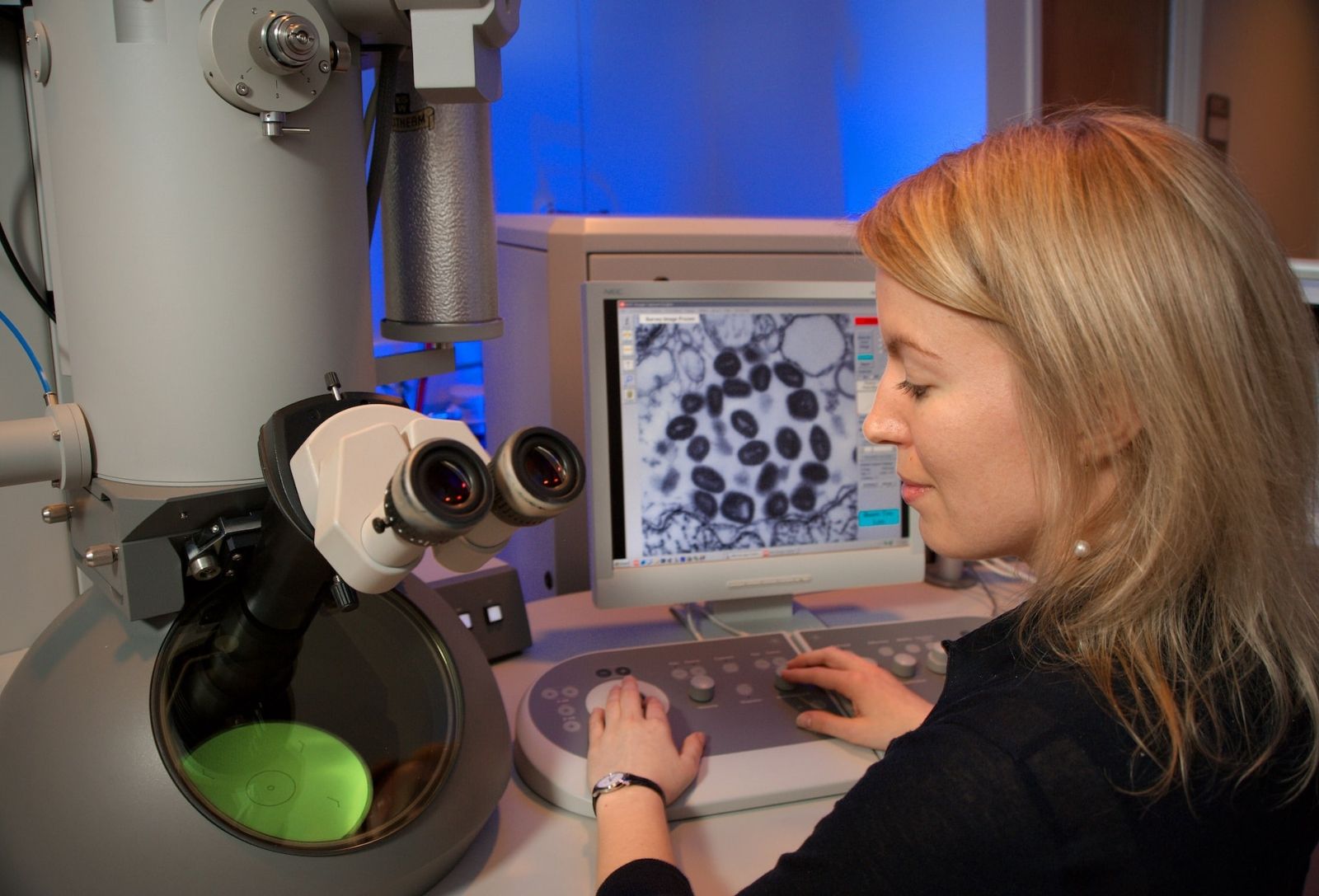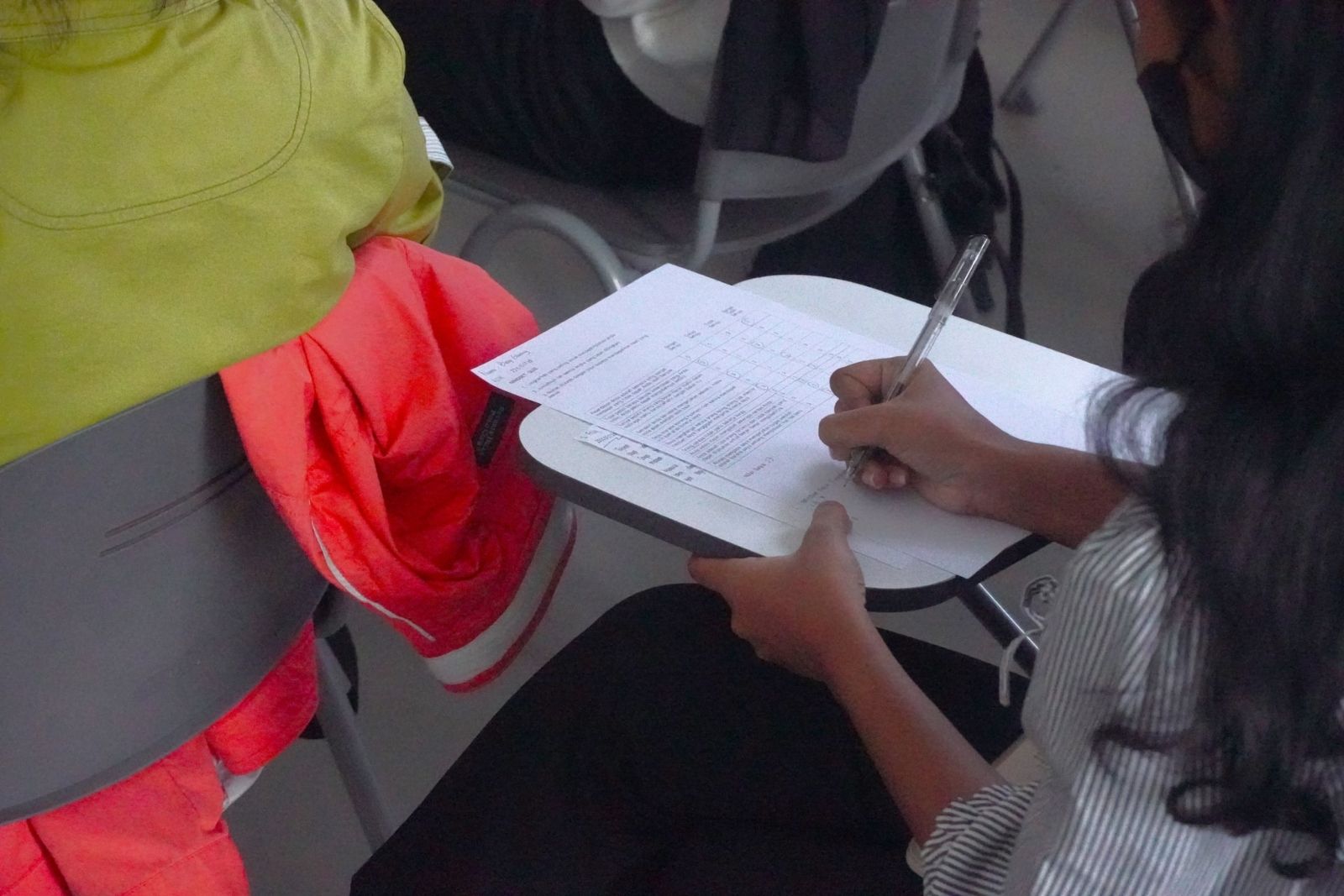Universities in Portugal: All You Need to Know
How Does The Higher Education System Work in Portugal?
The higher education system in Portugal is divided into three cycles of studies: Bachelor's (1st cycle), Master's (2nd cycle), and Doctoral (3rd cycle).
1st Cycle
During the bachelor’s degree, students may choose from a variety of majors such as engineering, business administration, science, and technology among others. After the completion of their studies, graduates are awarded an academic degree conferred by public or private universities depending on where they studied.
2nd Cycle
The master’s program is designed for those interested in deepening their knowledge around their specific topics and pursuing research activities in addition to their coursework. This program usually lasts two years and leads to a master’s degree from an accredited Portuguese university.
3rd Cycle
Lastly, doctoral programs generally take four years to complete but may vary depending on individual circumstances; earning one will result in a PhD degree from any public or private higher education institution recognized by the Ministry of Science Technology and Higher Education (MCTES).

These degrees are required for teaching at Portuguese universities as well as advancing further research projects in academia or industry.
Best Universities - TOP 10
The top universities in Portugal according to the Times Higher Education World University Rankings 2021 are:
1. University of Lisbon: Portugal's oldest university, founded in 1290, and one of the most prestigious universities in the country - offers students a wide range of degree programs.
2. Technical University of Lisbon (TU Lisbon): The largest university in Portugal, was established in 1911 and is renowned for its engineering and technology courses. It also has strong ties with industry, being home to numerous research centers and institutes.
3. Nova School of Business and Economics: This private school offers a range of business-related subjects as well as economics-based modules. It also has several international partnerships which help students gain valuable experience abroad.
4. University of Porto: This public institution is located on the mouth of the Douro River and offers a variety of degrees ranging from humanities to science-based courses. Its library holds over 5 million volumes, making it one of Europe’s biggest collections outside London.
5. Catholic University of Portugal: Founded by Pope Pius IX in 1967, this private university focuses on research excellence as well as providing students with an exemplary education based on faith and morality.
6. Minho University: Situated near Braga City, Minho is known for its excellent engineering and technology programs as well as humanities-based disciplines such as philosophy or history. It has partnerships with over 200 universities across the world that allow students to benefit from joint studies or internships abroad.
7. New University of Lisbon (NOVA): Established in 1973, NOVA provides courses across nearly all scientific fields, including medicine and law which make up some of its flagship studies programs at both undergraduate and postgraduate levels.
8. ISCTE - Lisbon University Institute: Founded during the Portuguese Revolution in 1974, today ISCTE-IUL stands out for its focus on management studies, offering specialized degrees like master's programs related to corporate finance or financial markets regulation.
9. University Beira Interior (UBI): This public institution has been praised for its innovation when it comes to student services such as online support materials or even virtual classrooms for distance learning learners.
10. Polytechnic Institute of Bragança (IPB): Rated among the top five polytechnic institutes in Portugal, IPB stands out for its focus on applied sciences like engineering or information technologies which makes these two fields among their most popular programs.
Universities in Portugal Taught in English
The Portuguese have recognized the importance of language learning and have sought to make higher education more accessible for those who are not native speakers of the language.
In Portugal, a number of universities offer classes taught in English, these include ISCTE-IUL, University Beira Interior (UBI), Polytechnic Institute of Bragança (IPB), the Polytechnic Institutes of Guarda and Portalegre (IPCG and IPCP). You need to check with your University if your course of choice offers classes in English.

What Is The Cost of University in Portugal?
Public universities have a great price for citizens of the European Union - around 800 EUR per year, while students from other countries need to pay a different tuition fee.
For non-EU citizens attending a public university, the fees usually range between 3,000 and 7,000 EUR per year, depending on the program being studied and the student's individual circumstances.
For international students studying at private universities in Portugal, fees are higher, ranging from 7,000 to 16,000 EUR per year.
Since the cost of university in Portugal can vary largely, it is important to do your research and explore all your options before making a decision about your future studies in Portugal. You can find all the relevant information on each University's website.

Can You Get Scholarships to Universities in Portugal?
Yes, there are a variety of scholarship opportunities available for international students who wish to pursue their studies at Portuguese universities.
Public Sources
For example, the Portuguese Ministry of Foreign Affairs, Portuguese Institute for Development Support, and Instituto Camões offer many different scholarship options for students from outside the EU. Additionally, various Portuguese universities offer scholarships that provide reduced or waived tuition fees, monthly stipends, and more.
These awards can be highly competitive, so it is important that applicants research their chosen university’s requirements before submitting an application. Generally speaking, all students should prove academic excellence and strong language skills in either English or Portuguese. Depending on the university and type of scholarship being applied for, other criteria such as financial need may also be required.
Private Sources
In addition to government-sponsored and university-specific scholarships, there are many private foundations offering grants to international students studying in Portugal. These organizations often partner with both public and private institutions to provide assistance to those wishing to pursue higher education within the country. Commonly offered benefits include tuition fee waivers or discounts as well as living allowances and various other forms of assistance based on individual needs.
There are many options available for those wishing to obtain scholarships at universities in Portugal. In order to maximize your chances of success when applying for these awards you should ensure that you meet all the necessary criteria for each particular institution or organization and take advantage of any resources they have made available such as online guidance documents or dedicated student advisors who can offer further advice along the way.
How To Apply For A University in Portugal?
Students can apply to universities after completing secondary school, either through a centralized university exam or directly with the universities.
Applying to a university in Portugal is a straightforward process and can be done through the respective university's website or by applying directly at the school itself. To apply, students must provide proof of their identity, academic qualifications, and financial resources. Identity documents could include a valid passport, national identity card, or birth certificate, while certified copies of previous educational certificates are also required.
Once all documentation is submitted, an application fee (usually around €50-100) must be paid to secure your place in the admission process. After this has been completed, students will receive confirmation if they have been accepted into their chosen course.
In some cases, international students may be required to complete an entrance exam (written and spoken Portuguese as well as general academic knowledge) in order to gain confirmation of acceptance into higher education institutions in Portugal. Depending on the result of this examination, applicants may need to attend additional classes before enrolling full-time.

Once all requirements have been met and you have been accepted, you may then proceed with completing any relevant paperwork for residence visa applications (if applicable) - you may need professional help.
Finally, when all steps are completed successfully applicants will receive their Student Authorization Card which serves as evidence that they enrolled at a Portuguese institution and acts as official proof of residence within the country during their studies abroad.
Is Portugal Good For International Students?
Life for international students in Portugal is exciting, fulfilling, and rewarding. With its rich culture, beautiful beaches, stunning landscapes, and friendly people, Portugal offers a unique experience for international students from all over the world.

The Portuguese education system is highly regarded across Europe and there are many universities that offer programs taught in English. The country’s universities also provide excellent education with high standards of academic excellence.
Portugal is a great option for those looking for an affordable study abroad experience. The cost of living is relatively low compared to other European countries so you can have access to competitively priced tuition fees and stretch your money further when it comes to food, accommodation, and leisure activities, while Portuguese public healthcare system is very efficient.

Portuguese universities are known for their vibrant campus life with a wide range of student societies, clubs and activities to get involved in, which allows international students to integrate quickly into the local community. Overall, life for international students in Portugal is truly unique – it offers something for everyone!
